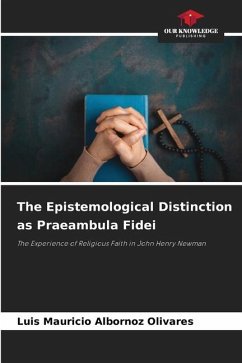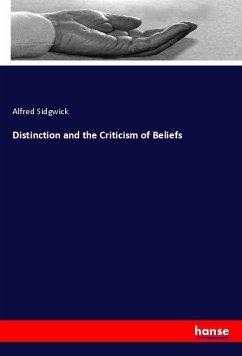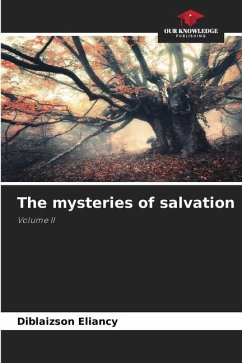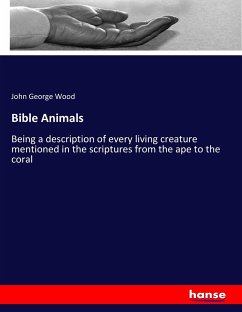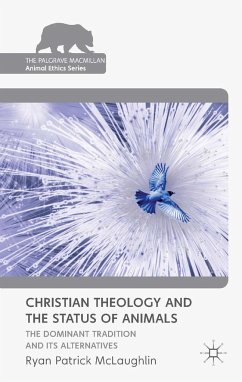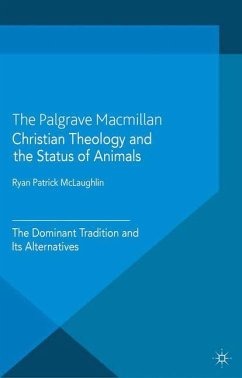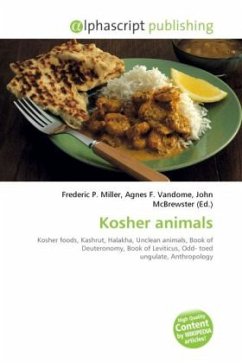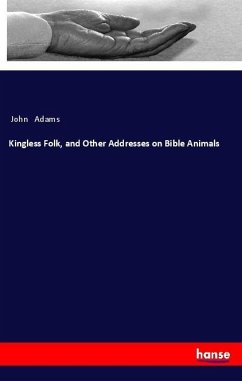
The New Testament and Distinction between Clean and Unclean Animals
An Exegetical and Theological Investigations
Versandkostenfrei!
Versandfertig in 6-10 Tagen
75,99 €
inkl. MwSt.

PAYBACK Punkte
38 °P sammeln!
This study set out to determine the NT attitude (conformity or abolition) toward the OT distinction between clean and unclean animals within the larger context of purity and defilement. The study revealed that in the OT and subsequent Jewish literature, the ingestion of unclean animals results in moral rather than cultic defilement. Further, the study found that the abolition of the distinction between clean and unclean animals cannot be substantiated from the NT. Thus, the distinction between clean and unclean animals is binding for Christians.



